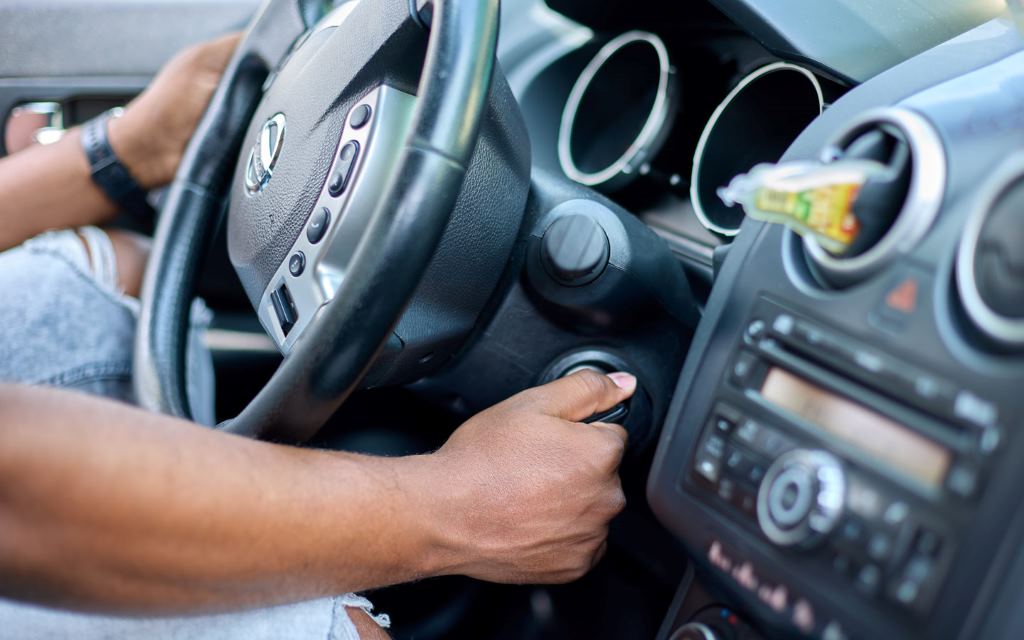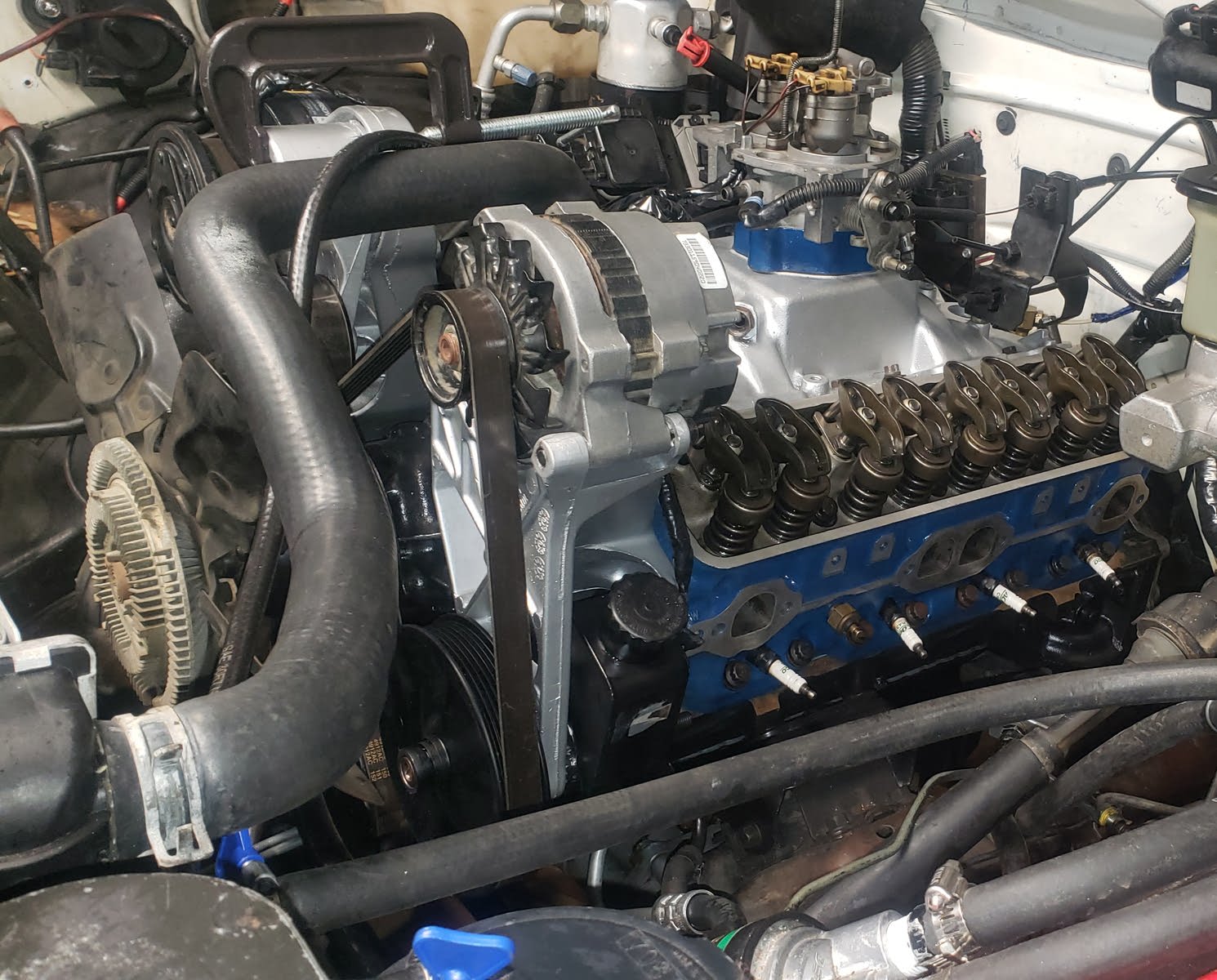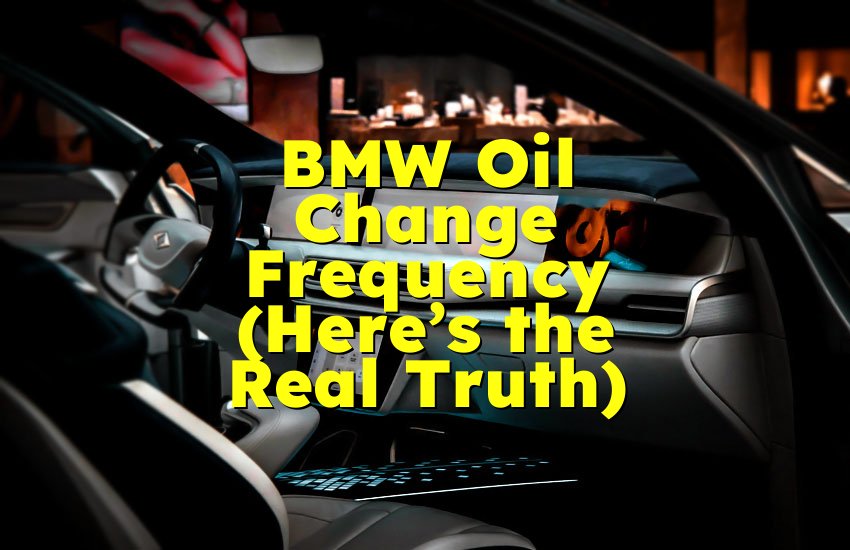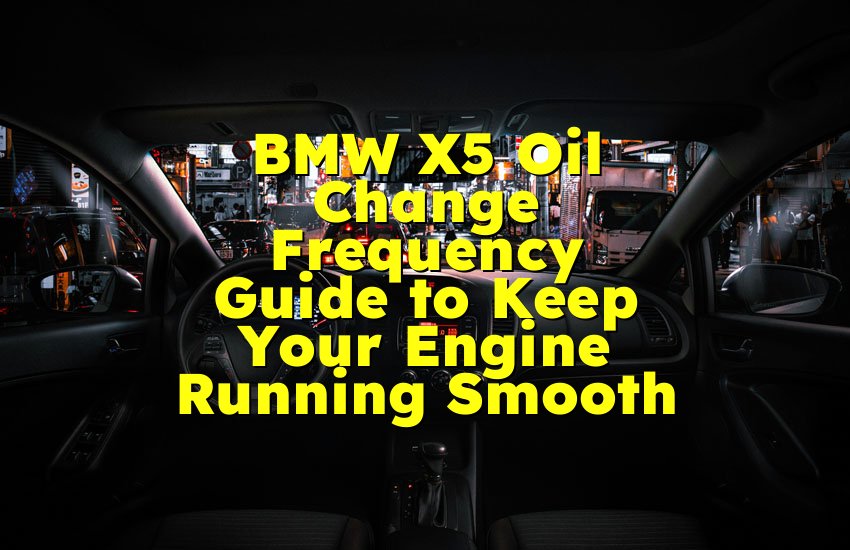As an Amazon Associate, I earn from qualifying purchases at no extra cost to you.
Car Idles Fine But Dies When Given Gas: Troubleshooting Tips for Sudden Stalling
If your car idles fine but dies when given gas, it could be due to a clogged fuel filter or a malfunctioning air intake system. These issues can restrict the flow of fuel to the engine, leading to a lack of power when accelerating.
It’s important to address these issues promptly to prevent further damage to the engine and ensure smooth driving performance. When a car idles smoothly but stalls when accelerating, it can be frustrating and concerning. Several potential reasons could be causing this issue, including a clogged fuel filter, a faulty air intake system, or a malfunctioning fuel pump.
We’ll explore common causes of this problem, as well as potential solutions to help resolve the issue and get your car back on the road without any stalling or hesitation.

Credit: carfromjapan.com
Common Reasons For Car Idling Fine But Stalling
If you’ve ever experienced the frustration of your car idling smoothly but stalling when you give it gas, you know how perplexing and annoying it can be. Fortunately, understanding the common reasons behind this issue can help you diagnose and possibly resolve the problem. Here are a few potential culprits to consider.
Dirty Air Filter
The air filter plays a crucial role in ensuring that your car’s engine receives clean and sufficient airflow. A dirty or clogged air filter can disrupt this airflow, leading to an imbalance in the air-fuel mixture and causing the engine to stall when you attempt to accelerate.
Faulty Fuel Pump
The fuel pump is responsible for delivering a consistent supply of fuel to the engine. If it malfunctions or fails, the engine may idle fine but stall when you try to accelerate. This can result from issues such as a weak fuel pump, clogged fuel filter, or electrical problems affecting the pump’s operation.
Signs And Symptoms Of A Stalling Car
When your car idles fine but dies when given gas, it can be a frustrating and potentially dangerous issue. Understanding the signs and symptoms of a stalling car can help you diagnose and address the problem before it leads to a breakdown or accident. In this article, we'll discuss some common signs and symptoms of a stalling car, including engine hesitation and sudden loss of power.
Engine Hesitation
One of the primary signs that your car may be stalling is engine hesitation. When you press on the gas pedal, you may notice a delay in acceleration or a sputtering feeling from the engine. This hesitation can be particularly noticeable when trying to accelerate from a stop or while driving at higher speeds. If you experience engine hesitation, it could indicate a problem with your fuel system, ignition system, or engine control unit.
Sudden Loss Of Power
Another common symptom of a stalling car is sudden loss of power. This can occur when the engine abruptly stops running while driving, leading to a loss of power steering, brakes, and other essential functions. If you notice your car losing power unexpectedly, it's crucial to address the issue promptly to avoid potential accidents or damage to the vehicle. Sudden loss of power can be caused by various issues, such as a malfunctioning fuel pump, clogged fuel filter, or faulty ignition system.
Diy Troubleshooting Steps
DIY Troubleshooting Steps can help you diagnose why your car idles fine but dies when given gas. Follow these basic checks to get to the root of the problem.
Check Spark Plugs
- Inspect spark plugs for signs of wear or damage.
- Ensure the spark plugs are properly gapped.
- Clean or replace spark plugs if necessary.
Inspect Throttle Body
- Check for build-up of dirt or debris in the throttle body.
- Inspect the throttle body for any obstructions or malfunction.
- Clean the throttle body with a recommended cleaner if needed.
Importance Of Regular Maintenance
Regular maintenance is vital for the smooth and efficient operation of your vehicle. Ignoring regular upkeep can result in various issues, including the frustrating problem of a car idling fine but dying when given gas. To prevent such mishaps and ensure your vehicle runs flawlessly, there are specific maintenance tasks you need to prioritize.
Changing Fuel Filter
Your car’s fuel filter plays a crucial role in keeping impurities and debris from entering the fuel injection system. Over time, the fuel filter can become clogged, hindering the flow of fuel and causing your car to idle fine but die when attempting to accelerate. Regularly changing the fuel filter ensures a steady supply of clean fuel, preventing engine stalls and maintaining reliable performance. Schedule this maintenance task according to your vehicle’s manufacturer recommendations.
Cleaning Mass Airflow Sensor
The mass airflow sensor monitors the amount of air entering the engine and calculates the appropriate amount of fuel for efficient combustion. However, over time, the sensor can accumulate dirt and debris, leading to incorrect readings and poor engine performance. A dirty mass airflow sensor can contribute to the problem of your car idling fine but dying when giving it gas. Luckily, cleaning the sensor is a relatively simple task that can be done using electrical contact cleaner and a soft cloth. Regularly cleaning the mass airflow sensor helps maintain accurate readings and optimal engine functioning.
Professional Help And When To Seek It
Dealing with a car that idles fine but dies when given gas can be frustrating and potentially dangerous. While there are a few DIY troubleshooting steps you can take to address this issue, it’s important to know when to seek professional help. Ignoring the problem or attempting further repairs without the necessary knowledge can worsen the situation and may lead to more expensive repairs in the long run. In this section, we will discuss the importance of diagnostic scans and when it’s time to hire a mechanic.
Diagnostic Scan
The first step in resolving an issue with a car that idles fine but dies when given gas is to perform a diagnostic scan. This scan will help to identify any potential trouble codes stored in the car’s computer system that could indicate the underlying problem. With the assistance of an OBD-II scanner, a tool specifically designed for reading diagnostic trouble codes, the scan will provide valuable information about the health of various components such as the fuel system, ignition system, and sensors. It’s worth noting that a diagnostic scan should be conducted by a professional mechanic, unless you have the necessary experience and equipment.
Hiring A Mechanic
If the problem persists after conducting a diagnostic scan or if you don’t have the means to do the scan yourself, it’s essential to hire a skilled mechanic. When looking for a mechanic, ensure they have experience and expertise in diagnosing and repairing the specific issue you are facing. Reading reviews and asking for recommendations from trusted sources can help you find a reputable mechanic who can effectively resolve the problem.
Hiring a mechanic will not only save you time and effort but also provide you with peace of mind knowing that a trained professional is working on your car. They have the necessary tools, knowledge, and access to technical resources that can help them diagnose the underlying issue accurately. Additionally, your mechanic can provide further guidance on the appropriate repairs or replacements needed to rectify the problem and restore your car’s performance.
Preventive Measures To Avoid Stalling Issues
Using Quality Fuel
Quality fuel plays a vital role in preventing stalling issues in your car.
Always choose reputable gas stations to maintain engine performance.
Regularly Checking Engine Oil
Checking engine oil levels regularly is crucial for preventing stalling problems.
- Ensure oil is at proper levels to keep engine running smoothly
- Scheduled oil changes help prevent engine damage
Understanding The Role Of Sensors In Engine Performance
Understanding the role of sensors in engine performance is crucial, especially when it comes to troubleshooting issues like a car idling fine but dying when given gas. These sensors play a vital role in monitoring and regulating fuel injection, air intake, and other engine functions to ensure optimal performance.
By diagnosing and addressing sensor-related problems, you can effectively resolve the issue and get your car running smoothly again.
Car idles fine but dies when given gas? The issue might lie with the sensors in the engine. Sensors play a crucial role in regulating various aspects of engine performance. Let’s delve into the significance of two key sensors: Oxygen Sensor and Throttle Position Sensor.Oxygen Sensor
An Oxygen Sensor measures the oxygen levels in the exhaust gases. It ensures the ideal air-fuel ratio for combustion.Throttle Position Sensor
The Throttle Position Sensor monitors the position of the throttle valve. It informs the engine control unit about how much air is entering the engine.If your car idles well but stalls when accelerating, a faulty sensor could be to blame. Regular sensor maintenance is essential for optimal engine performance.Credit: www.quora.com
In-depth Look At Fuel System Issues
In-depth Look at Fuel System Issues:
When your car idles fine but dies when given gas, it can be a frustrating and potentially dangerous issue. One common cause of this problem can be related to the fuel system. Understanding the potential fuel system issues could help in diagnosing and resolving the problem effectively.
Let’s take an in-depth look at two significant fuel system issues that could be contributing to the problem of a car idling fine but dying when given gas.
Clogged Fuel Injectors
Clogged fuel injectors can disrupt the flow of fuel into the engine, resulting in a car that idles fine but dies when given gas. When the injectors are clogged, the engine may not receive the necessary amount of fuel when accelerating, causing stalls and hesitation.
Signs of clogged fuel injectors may include rough idling, reduced fuel efficiency, and engine misfires. To address this issue, professional cleaning or replacement of the fuel injectors may be necessary to restore proper fuel flow and engine performance.
Fuel Pressure Problems
Fuel pressure problems can also lead to a car idling fine but dying when given gas. Insufficient fuel pressure can cause fuel delivery issues during acceleration, resulting in stalling or hesitation. Low fuel pressure can be caused by a faulty fuel pump, clogged fuel filter, or a leaking fuel pressure regulator.
- Signs of fuel pressure problems include difficulty starting the engine, engine stalling under heavy load, and intermittent loss of power.
- It’s crucial to have the fuel system inspected by a professional to diagnose and address any fuel pressure issues that may be causing the problem.

Credit: www.cargurus.com
Conclusion
If your car idles fine but stalls when given gas, check for possible fuel system issues. Ensure spark plugs, filters, and injectors are clean. Don’t ignore warning signs; seek professional help if necessary for optimal performance. Maintaining your car’s health is key to smooth driving experience.











